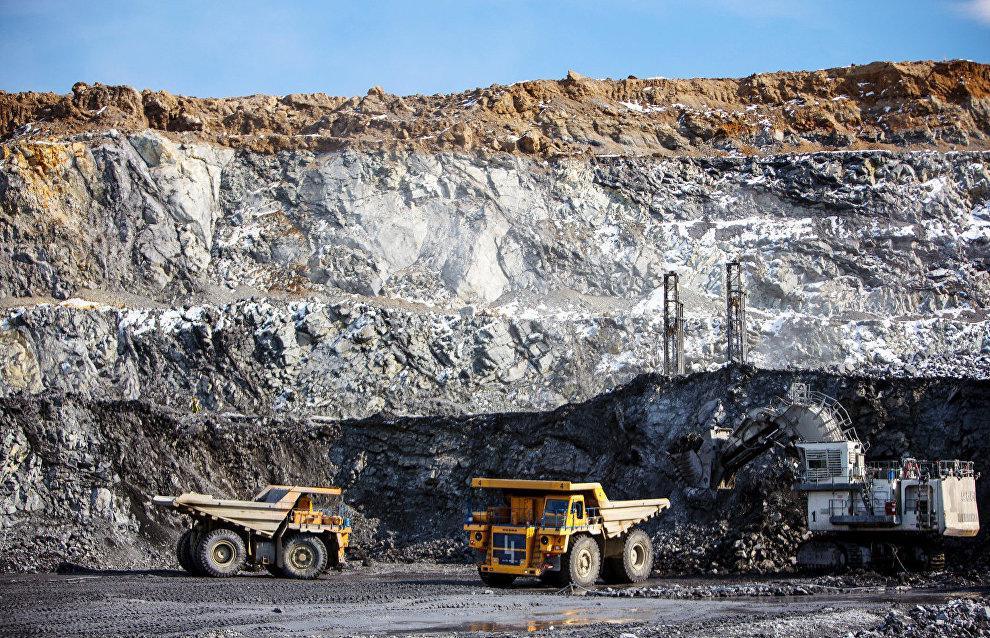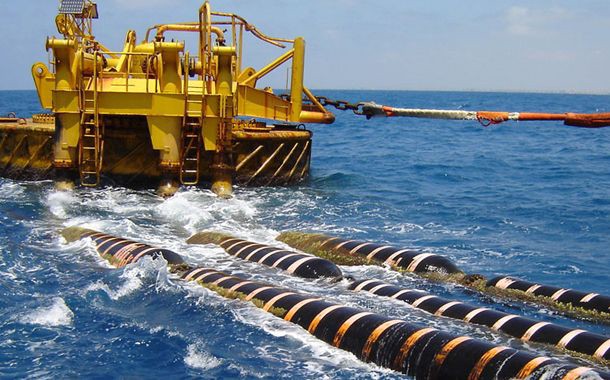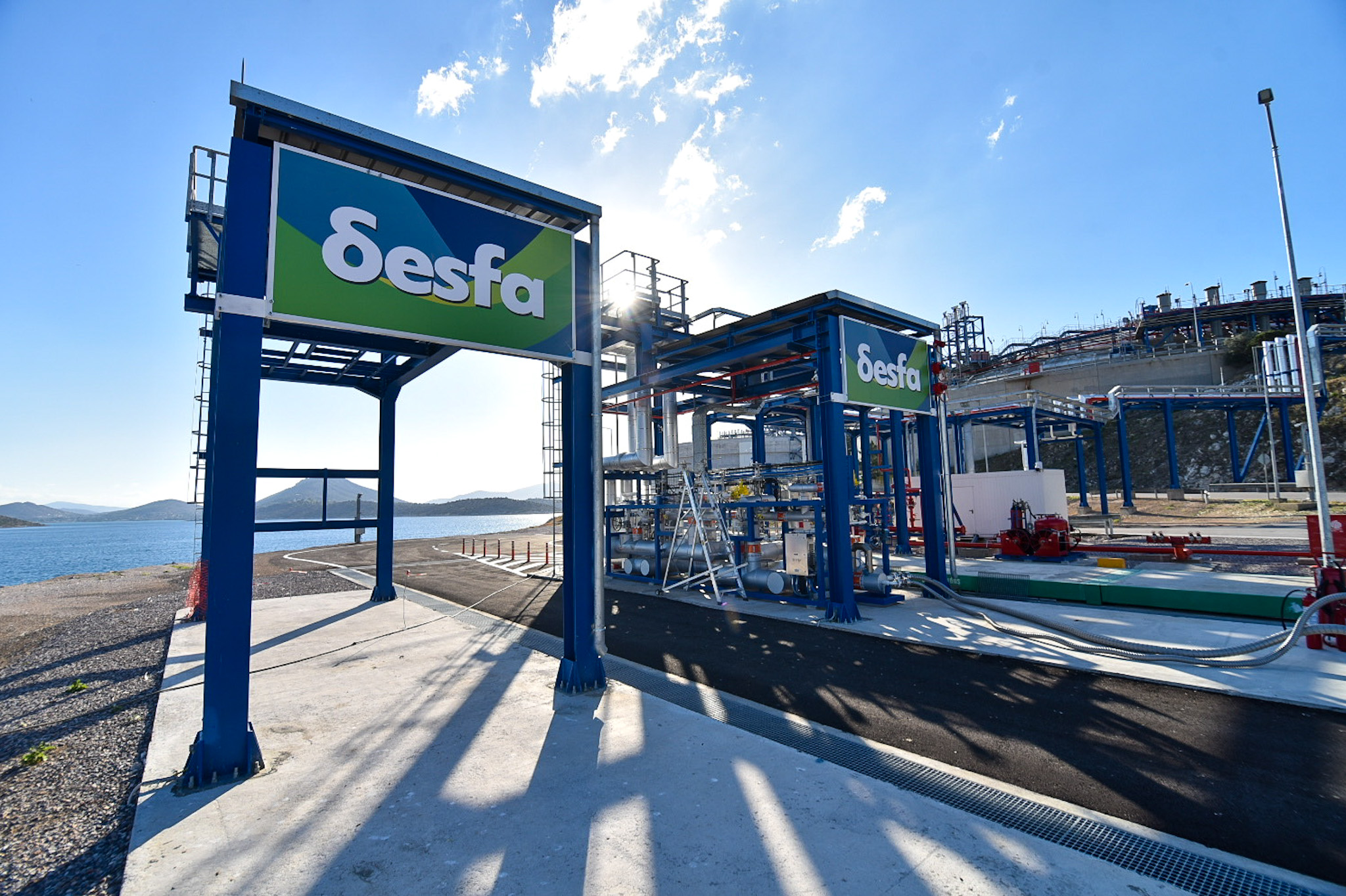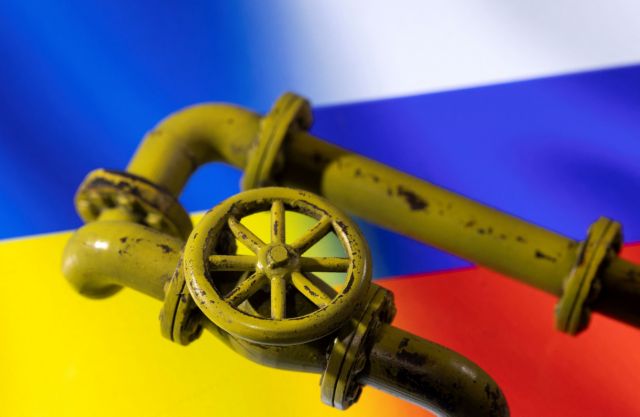reek farmers, but also farmers across Europe, are already suffering from the impact of climate change through warmer temperatures, droughts, and floods, which deal a serious blow to both crops and livestock production, according to a feature on the topic at OT.gr.
And extreme weather events, which are becoming more frequent across Europe, often lead to severe financial losses for farmers after each incident of extreme weather.
Agricultural products that are cornerstones of the economies of major producing countries are being affected as climate change shows its teeth. A notable example is olive oil production across Europe, which has hit a record low in the past two years as drought has impacted Spain, Italy and Greece, which are the continent’s largest producers.
European Grain Production Takes a Hit
At the same time, key crops such as wheat, barley, and rice are recording their lowest production levels in over a decade. The EU expects that its total grain production will be 4.3% lower than the five-year average this year, primarily due to adverse weather conditions.
A year ago, in 2023, heavy rains delayed the wheat harvest in parts of France, Germany, and Poland. Meanwhile, extreme weather conditions reduced the yields of apple and pear crops in Italy and Greece, while unusually wet conditions fueled fungal diseases that harmed the quality of the fruit.
Greek Farmers Have Yet to Recover from 2023’s Storms
The greatest disaster in recent years, which will remain indelible in everyone’s memory, was the one suffered by the farmers of Thessaly from Storms Daniel and Elias in September 2023. They saw their crops submerged in water and their livestock drowned.
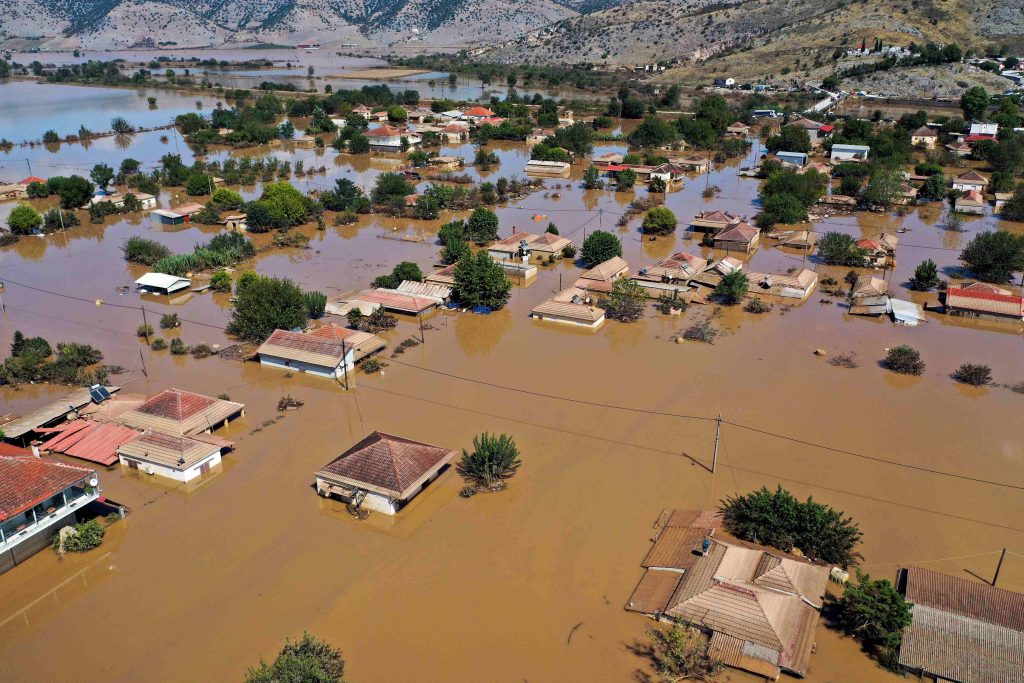
Flooded land in the village of Vlochos 7 days after the storm Daniel, in Karditsa, Greece on September 11, 2023/ Nick Paleologos, SOOC
According to data from ELGA (the Hellenic Agricultural Insurance Organization), compensations amounting to 270.2 million euros were awarded, and it is estimated that expenses will reach 310 million euros.
Additionally, in 2024, approximately 43 million euros were allocated from the EU’s agricultural reserve to support agricultural production in the regions around Lake Karla.
A year later, farmers and livestock breeders are trying to recover and endure, already burdened by high production costs and low selling prices of their products, which skyrocket on store shelves.
However, according to the farmers, ELGA payments were delayed significantly and did not meet actual needs, as only about 70% of the damage was compensated, despite government announcements promising 100% compensation. At the same time, there is intense fear about how they will protect themselves from the next bad weather event, as the necessary flood control projects have yet to be implemented.
How Much Compensation has been Given to Greek Farmers?
The scale of the damage to crop and livestock production is also reflected in the compensation figures paid by ELGA over the five-year period from 2020 to 2024.
According to this data, compensations for damages covered by the Regulation on Insurance of Crop Production and Livestock Breeding amounted to 1.45 billion euros, and during the same period, an additional 117.6 million euros were paid under the State Financial Assistance Program.
For these compensations, producers contributed 700 million euros through the Special Insurance Contribution of those insured with ELGA.

A farmers’ protest in the central Greece city of Larissa, in February (EUROKINISSI)
It should be noted that the total amount of compensations was supplemented by government support for ELGA, both through the retroactive payment of amounts owed from the last decade (2010-2019) and through the approval of ad hoc programs, the expenses of which were secured from the country’s regular budget.
In this direction, 400 million euros were paid as retroactive amounts owed to ELGA, and programs worth an additional 400 million euros were approved, the most significant being the program for the payment of compensations following the extreme weather events “Daniel” and “Elias,” through which 270.2 million euros have already been allocated, and it is estimated that expenses will reach 310 million euros.
For damages under the 2023 Crop/Livestock Declarations (DKE), ELGA paid compensations totaling 460 million euros, of which 192 million euros were for damages under ELGA regulations.
Time to Heed the Warnings of Experts
Just days before Storm Daniel struck, the Central Macedonia branch of the Geotechnical Chamber of Greece (GEOTEE), in a memorandum submitted to the Prime Minister during a meeting with scientific bodies ahead of last year’s 87th Thessaloniki International Fair (TIF), warned of a nightmarish future and the impacts of the climate crisis on primary production.
The analysis of the current and potential impacts of the climate crisis on Greek farmers, primary production and the natural environment presents a near-tragic future, even under the best-case scenario of zero greenhouse gas emissions by 2050.
Experts warn that impacts of the climate crisis on plant production are multifaceted, potentially affecting yield or the quality of the harvested product, insect infestations, or disease development, and depend on the geographic area, crop type, genotype, and production method.
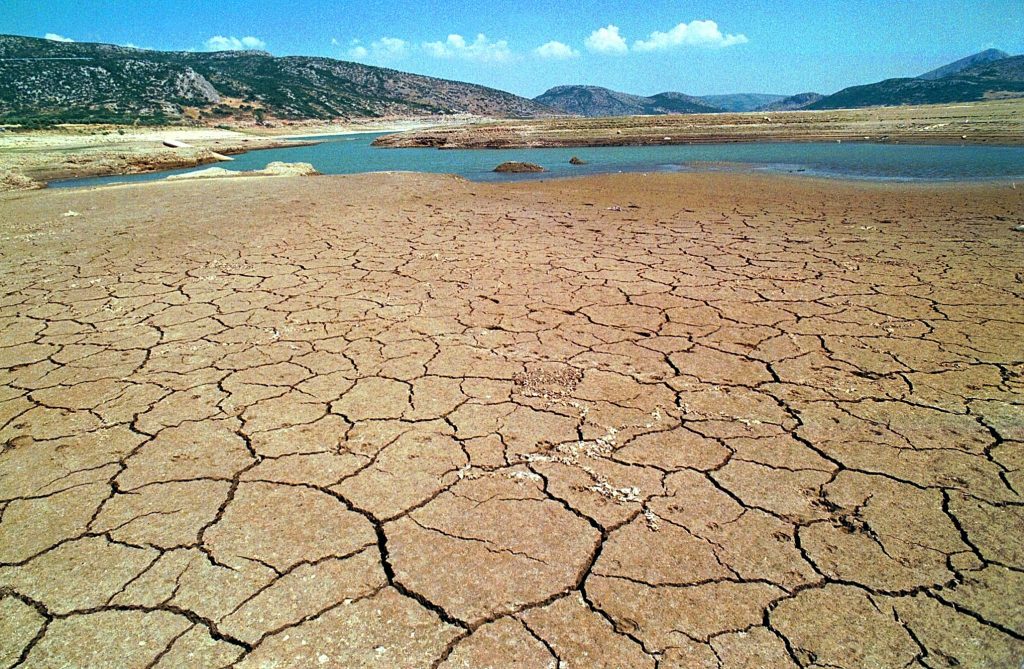
The dry shore of Lake Yliki, water supplier of Greek capital Athens, on Sunday 03 June 2001. The water level in the lake has dropped due to climatic changes in terms of less rainfalls and rise of temperature. Scientists expressed their worries for the continuous lack of drinking water in Greece once again on Tuesday 05 June 2001, the international day of environment. EPA PHOTO/ORESTIS PANAGIOTOU
Moreover, primary production is not only affected by the climate crisis but also contributes to it. It has been estimated that agricultural activities, deforestation, and the conversion of forests to other human activities contribute 23% to greenhouse gas emissions (with livestock production alone contributing 15.5%).
In detail, the breakdown of greenhouse gas emissions caused by agricultural activities are: 13% carbon dioxide emissions (livestock production alone contributing 9%), 44% methane emissions (livestock production alone contributing 37%), and 82% nitrous oxide emissions (livestock production alone contributing 65%).
Particularly in Central Macedonia, scientists predicted potential crop failures in olives and apricots in Halkidiki, kiwis in Pieria, and peaches in Imathia and Pella due to rising winter temperatures, production losses in mussels in Thessaloniki, a reduction in quantity and a change in the composition of fish catches, financial inability to cope with the necessary increased cooling costs, and potential abandonment of pig and poultry farms.

The lion fish, or turkey fish, is often admired for its beauty and can be found in fish tanks
In addition, experts project that Greek farmers will face a significant reduction in other livestock production, due to fewer and more expensive animal feeds as a result of rising summer temperatures.
The water crisis in Greece will play a particularly important role, leading to potential irrigation problems in Thessaloniki’s plains, which will have disastrous consequences for rice and cotton.
And all of the above will be exacerbated by alternating droughts, floods/hailstorms, as well as severe fires which burning forests and natural vegetation, and again lead to further flooding phenomena.
Source: tovima.com
















